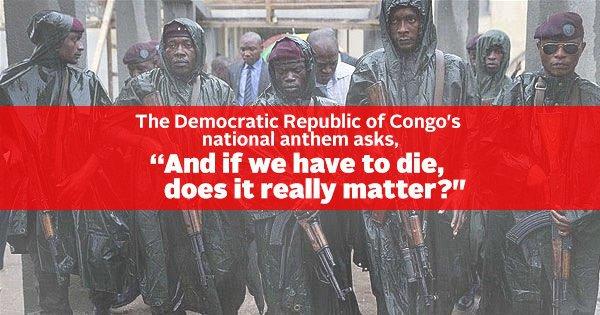Somewhere in a dockyard, a man is being beaten. You can hear the sound of punches being thrown ruthlessly on his body.
Tied to a chair, he’s bleeding profusely.
“I- – I’m- – not… a rat..” he mutters. “Please! Believe me!”
The gang leader listens intently. And then signals his henchman who immediately walks up to the suspect.
And brings down a hammer with full force on the suspect’s toe which splits wide open as he lets out a blood curdling scream.
The gang leader walks out. The suspect’s fate has been sealed.
“Once a rat, always a rat,” says one of the gang members coldly. But the suspect won’t be given the luxury of an easy death.
Two men hold his head as another forces him to drink liquid cement.
No, this scene isn’t from Oldboy.
It’s from a 2013 South Korean gangster flick called New World; widely regarded as the Godfather of Korean cinema.
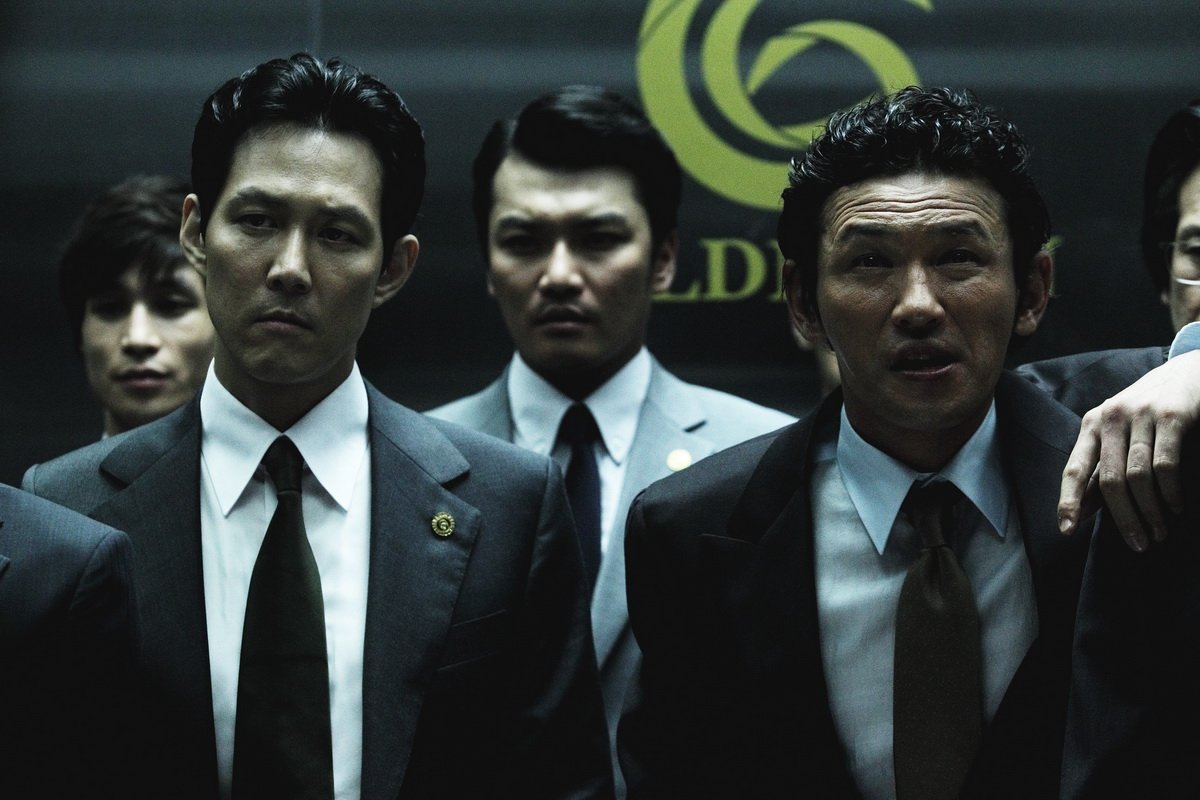
Hollywood has been making crime dramas since time immemorial. It’s Hollywood’s fascination with the crime/gangster genre that has given us such memorable flicks as The Godfather, Goodfellas, Scarface, Pulp Fiction, Reservoir Dogs and The Departed.
No doubt all these movies are classics.
However, even though South Korean cinema (I’ll only be talking about South Korean cinema since I don’t know shit about what the North Koreans are doing. Yeah, thanks Kim Jong-un) started exploring this genre way later than Hollywood, believe it or not, it has a way better understanding of it.
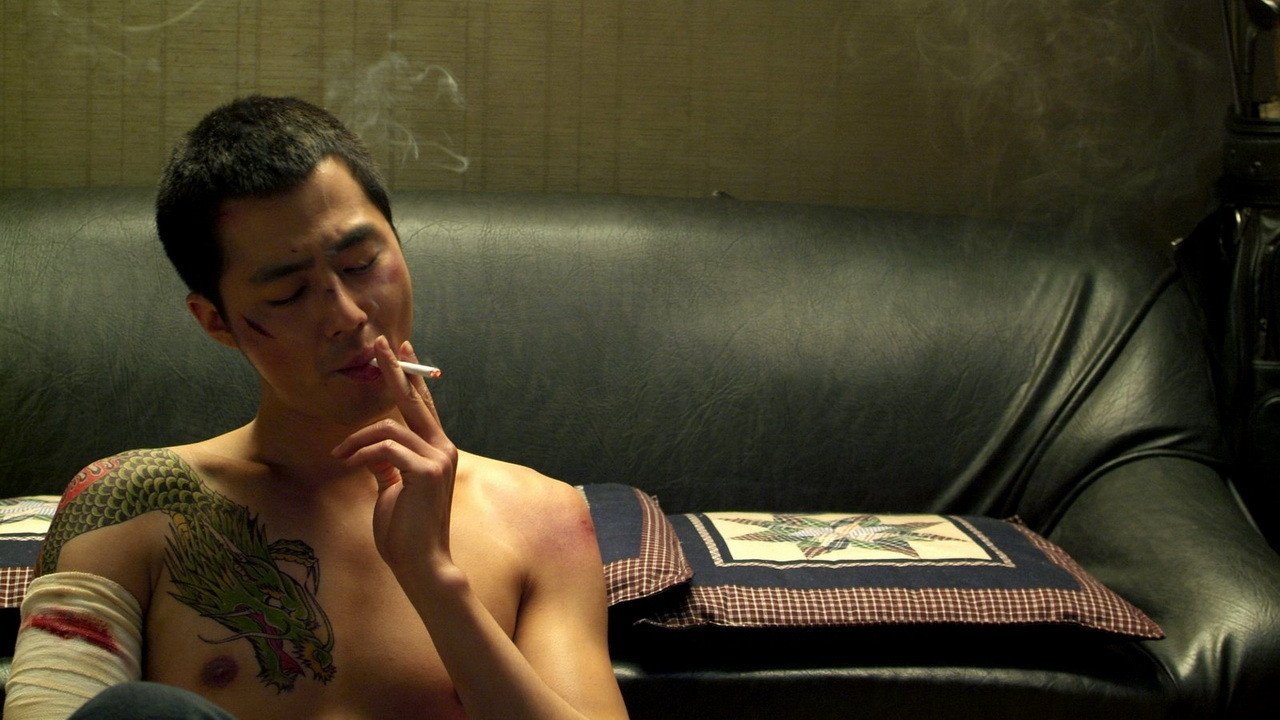
To begin with, nobody conveys a sense of pain like them. They hardly use guns in any crime drama.
It’s almost always a baseball bat.
A golf stick.
A long knife.
Or a pointy hammer.
Things that give one a very real and heightened sense of pain.
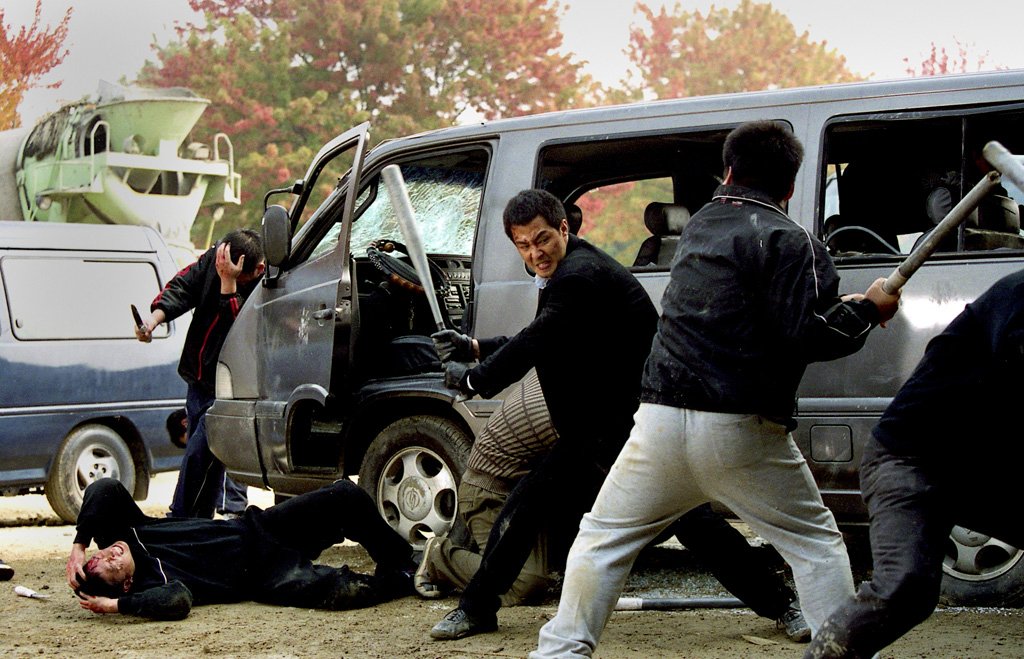
Take for example this scene from New World. Watch it if you want to know how painful a fight can get.
Another thing that sets the South Korean crime dramas apart is the character development.
Take for example the 2010 classic I Saw The Devil. A deranged maniac brutally kills the pregnant fiancée of an intelligence service agent. Till the end of the movie, you’re not told anything about the killer. There’s no backstory.
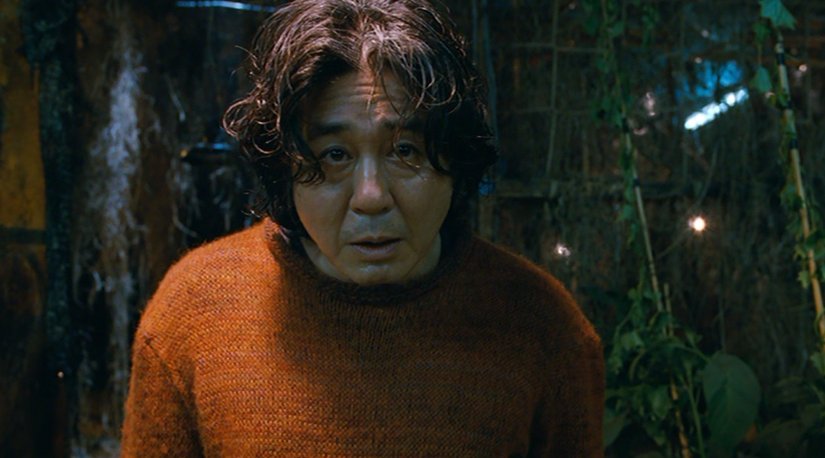
However, we get to know everything about his personality through his killings. Through the way he interacts with his victims. By the time the movie ends, we know more about the killer’s psyche than the protagonist’s.
This subtlety still remains a rarity in global cinema.
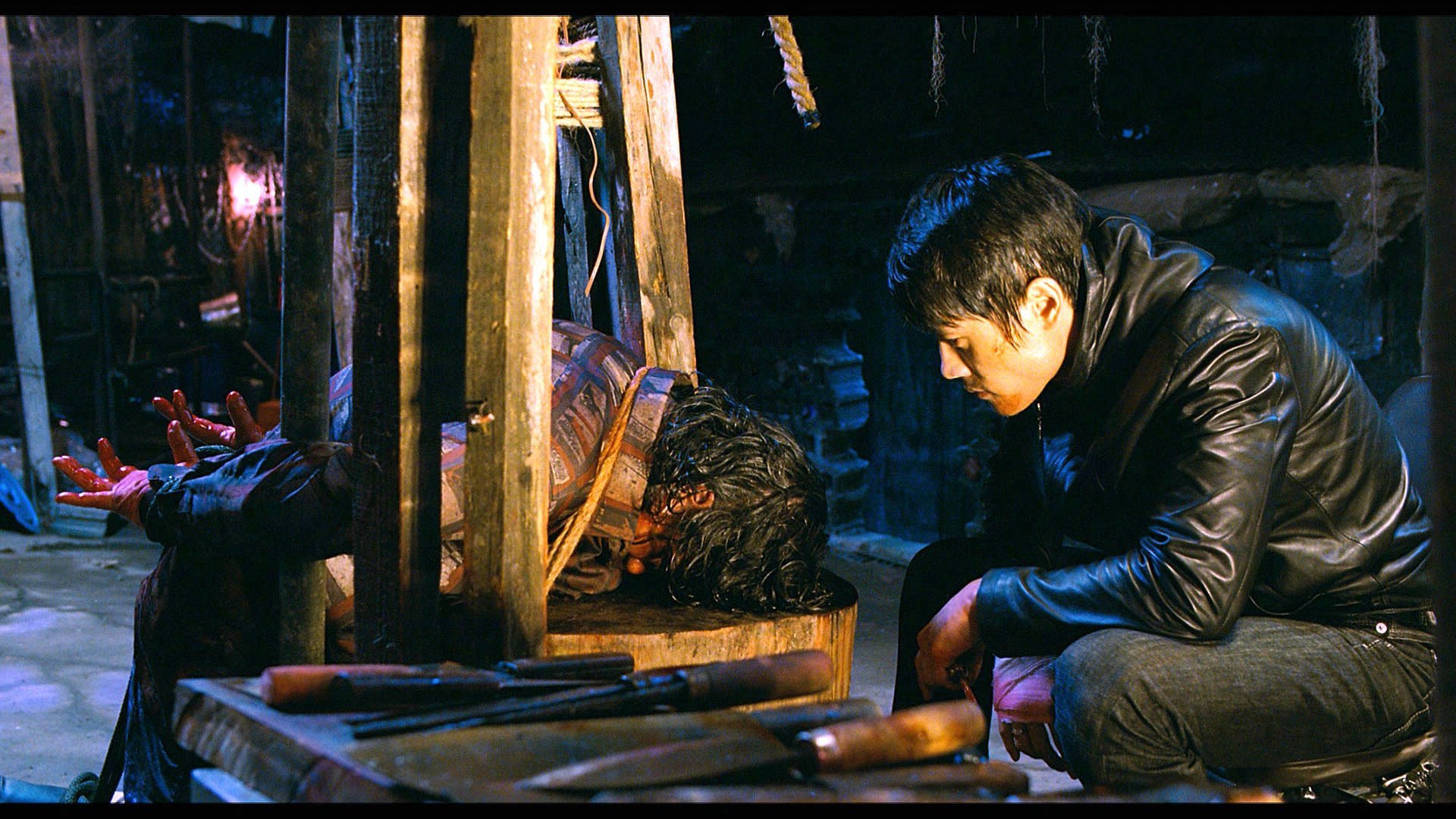
The same goes for Memories Of Murder as well. The killer is never shown throughout the movie. He’s an invisible entity existing only in police files and rumours. And yet, you know everything about the murderer. You know how he sounds like even though you’ve never heard him talk. You know how he walks even though you’ve never seen him walk. You know how he dresses up even though you never see him.
Memories Of Murder is often called the Zodiac of Korean cinema since they both dealt with the same topic. However, in my humble estimation, Zodiac should be called the Memories Of Murder of the west.
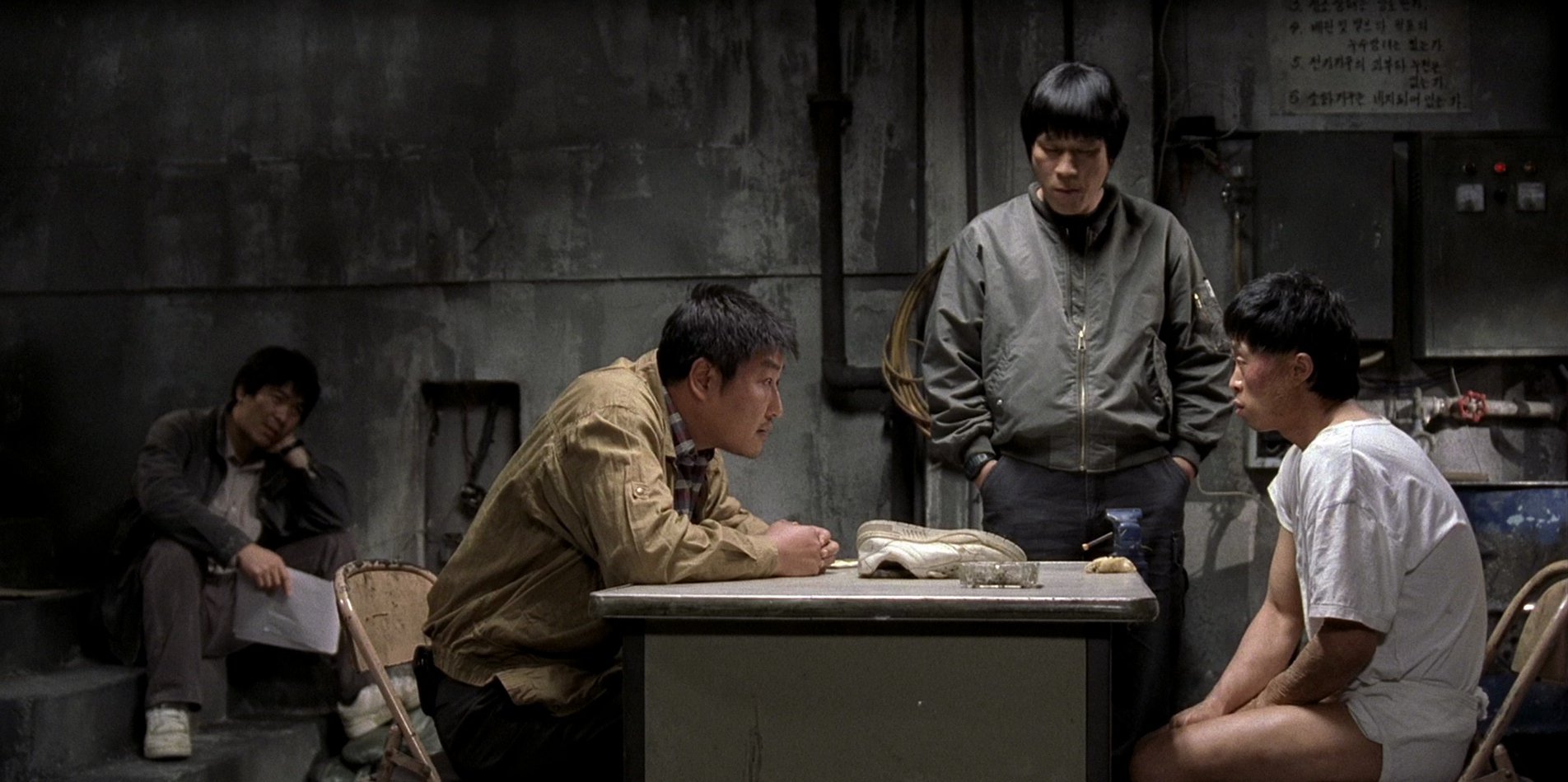
Another thing that South Korean cinema uses better than Hollywood is the sound. What’s a crime drama without a certain degree of suspense? And what better way to heighten the suspense than a good audio that perfectly fits the situation?
Take for example the recently released The Handmaiden.
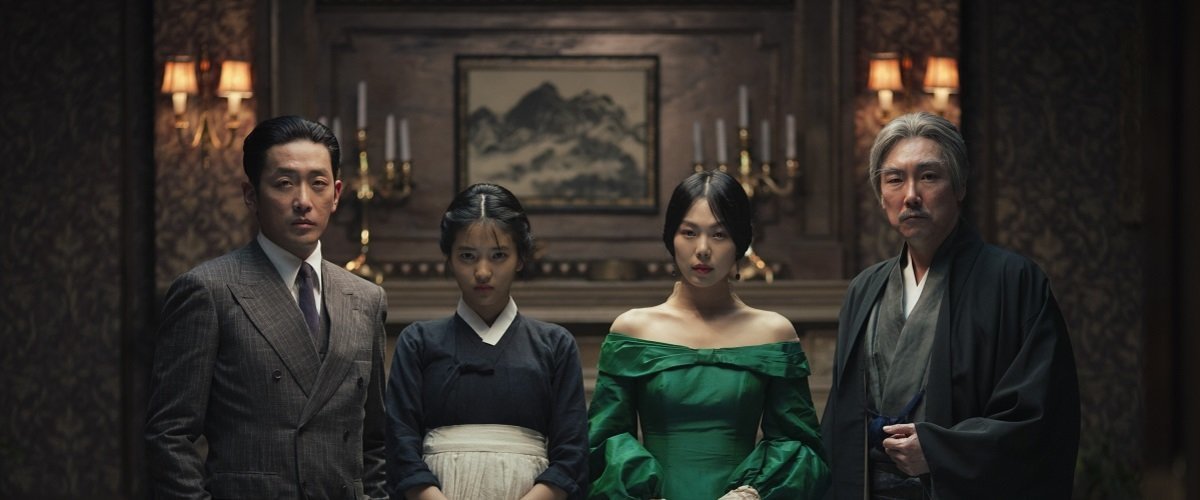
The movie has minimal dialogues but the sound design is such, that you know the motives of each and every character just by listening to the background score.
And again, the character development is such, that you feel bad for every character at various points in the movie.
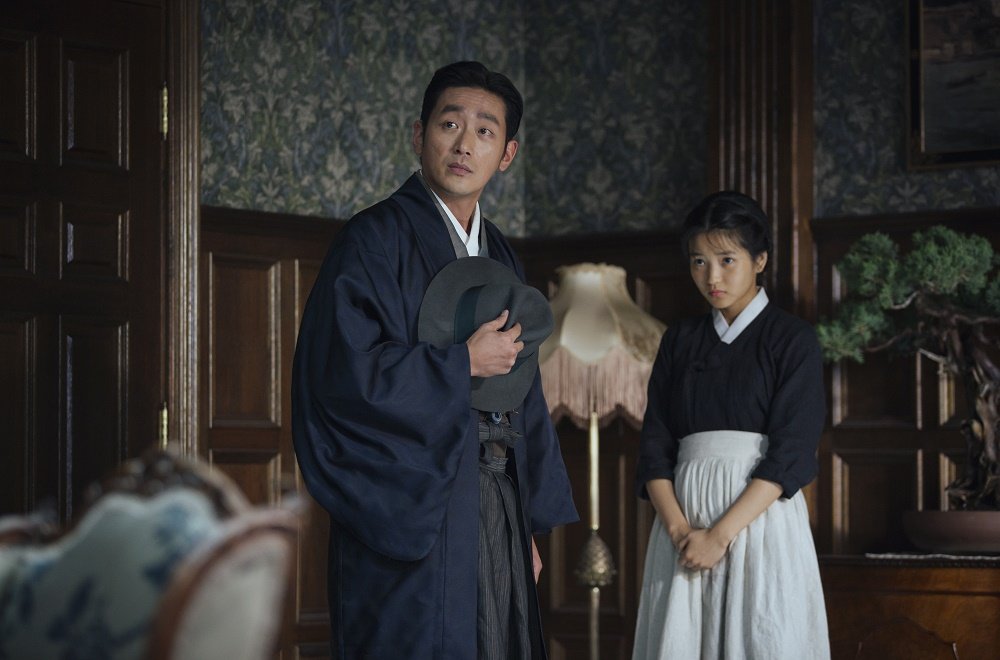
A South Korean crime drama doesn’t guarantee redemption for the good guy. Which is what makes it all the more real and gritty.
Hence, even though the police officer catches the killer in I Saw The Devil, he loses his mental balance.
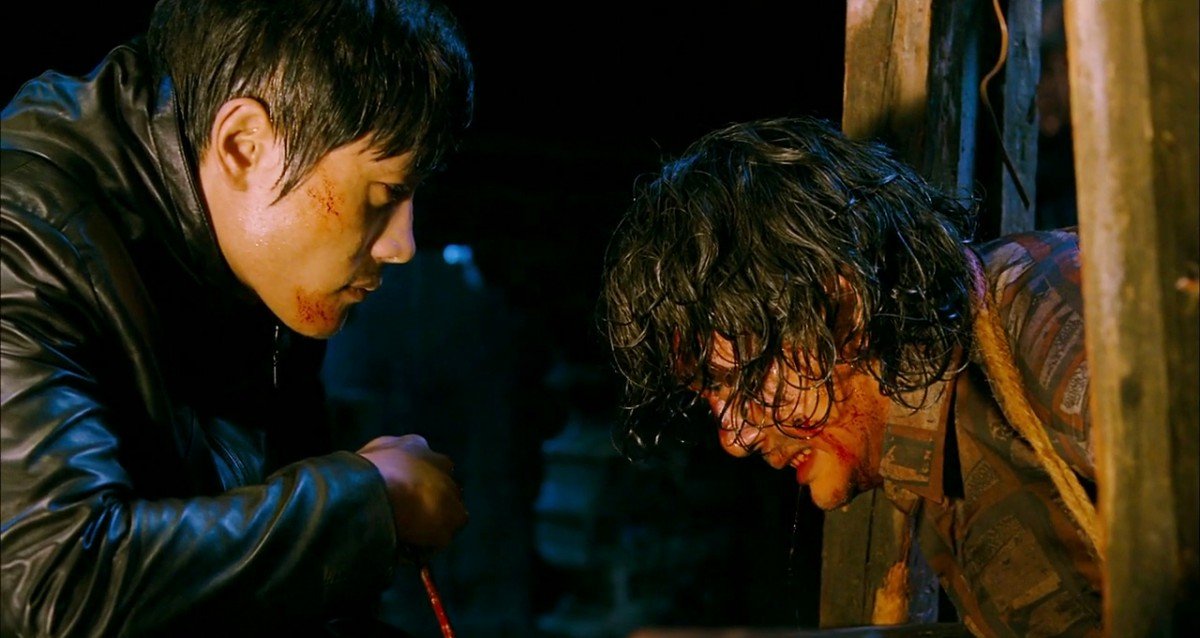
It’s the killer who has the last laugh in The Chaser.
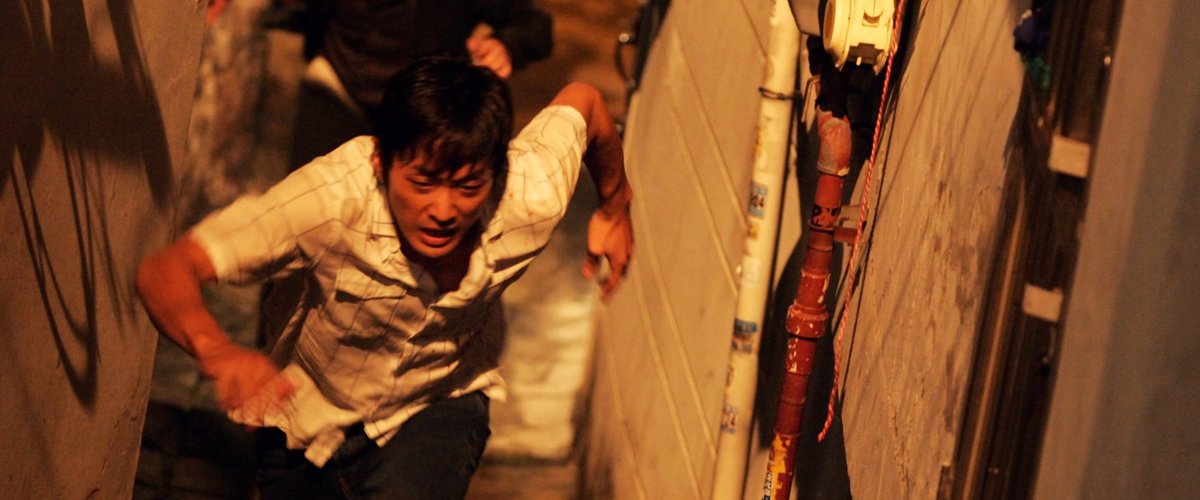
The refugee from The Yellow Sea fails to find a better life.
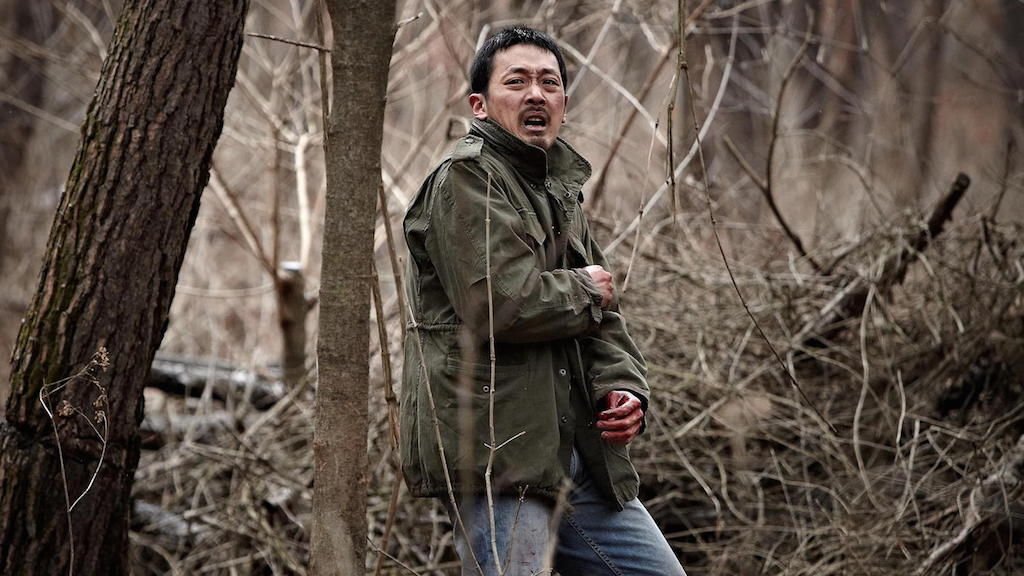
The prowess of South Korean crime films lie in the fact that unlike Hollywood, they don’t need an external factor to introduce pathos in an otherwise ruthless territory like crime. The antagonist may be an asshole of the highest order, but somehow, he always manages to get the sympathy of the audience.
Hence, when the main character from A Dirty Carnival gets betrayed by his own gang members, you feel bad.
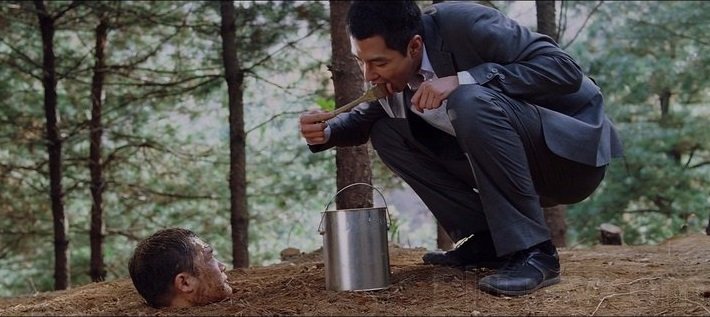
When one of the antagonists in New World, who’d earlier brutally killed 2 informants, dies, you feel bad for him.
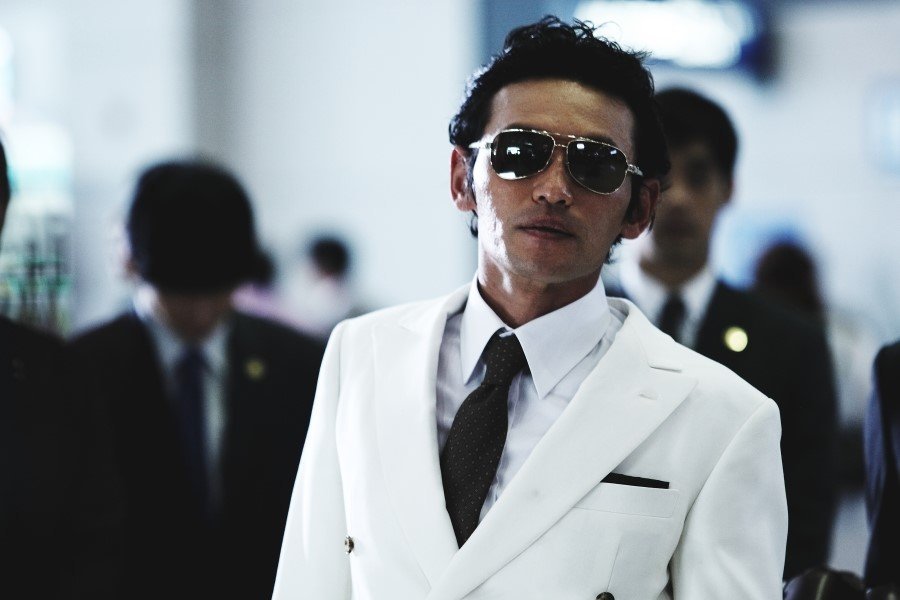
When A Bittersweet Life glorifies gangsters, you don’t have an objection to it because it stays true to its source material. You would expect gangsters to live a life like that.
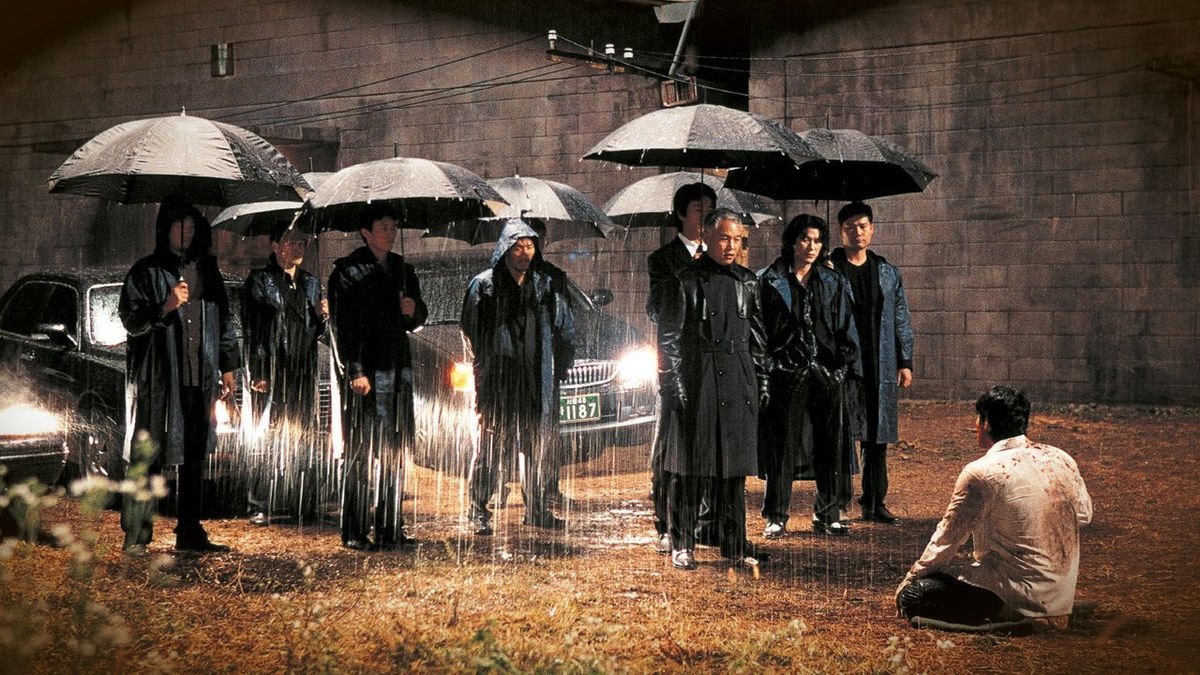
And last, but not the least, the biggest thing that sets apart a South Korean crime flick from any movie from any other country, is a certain degree of genre bending.
For, a South Korean crime drama is never just a crime drama. It always has a blend of mystery. Be it Memories Of Murder, A Dirty Carnival, New World, I Saw The Devil, The Chaser or Montage.
They all have a mind numbing twist in the end.
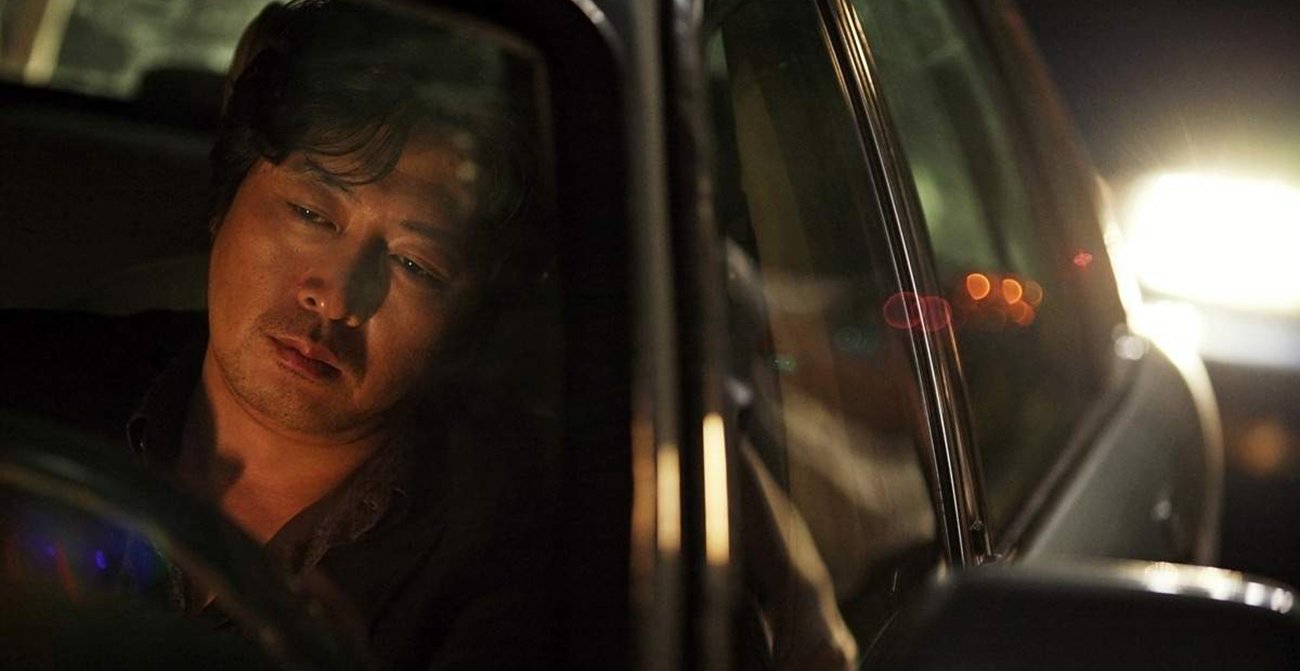
Which probably explains why Hollywood has bought the rights to many of the aforementioned movies. But if the Oldboy remake is anything to go by, Hollywood has a long way to go before it can match up to the South Korean standards of making crime dramas. Thankfully, till then, we have the original ones for company.







